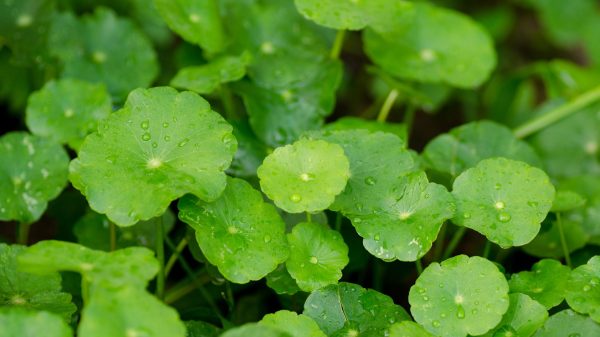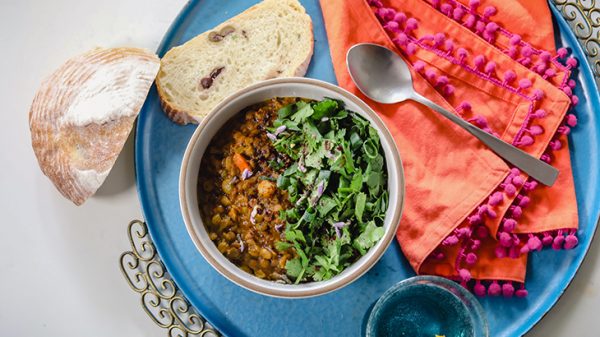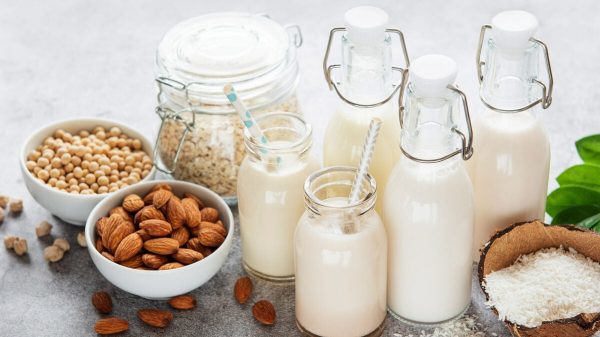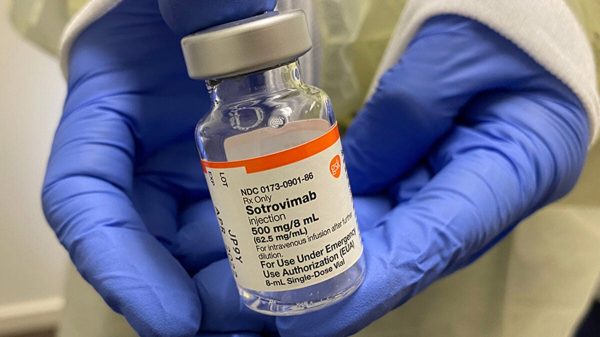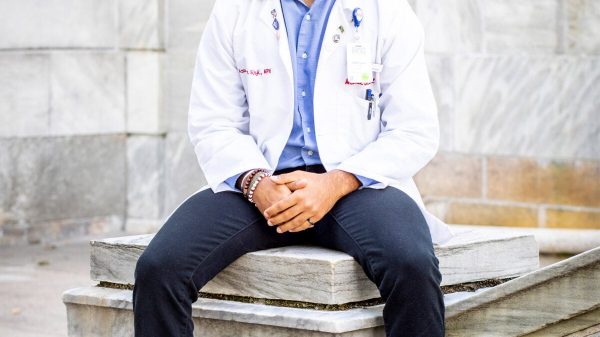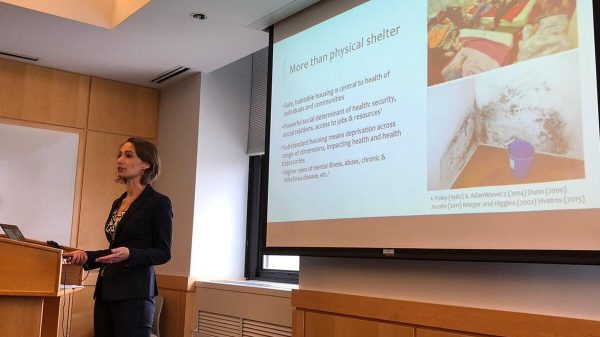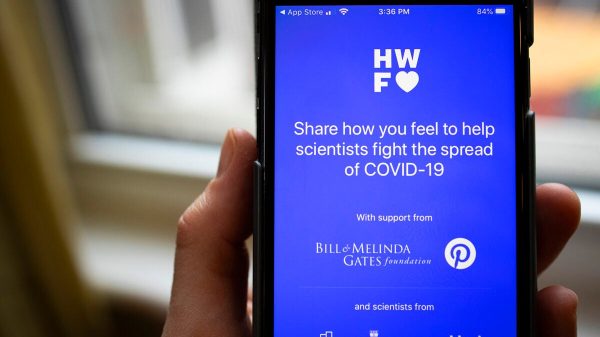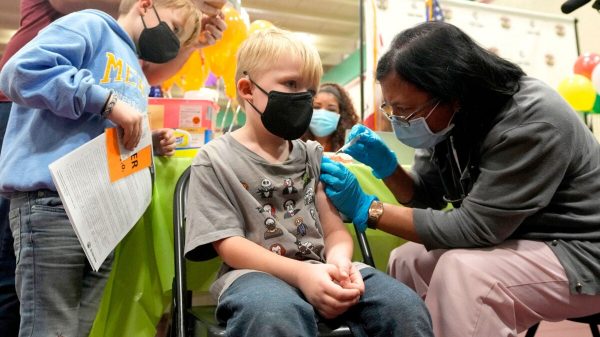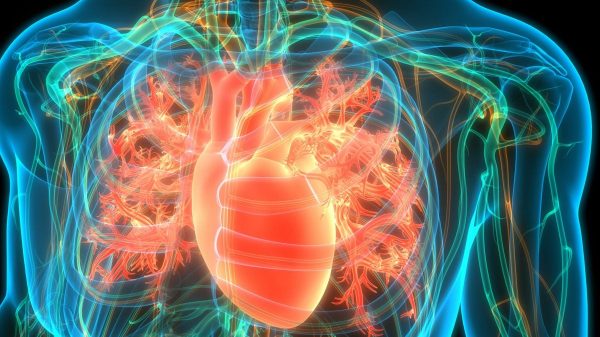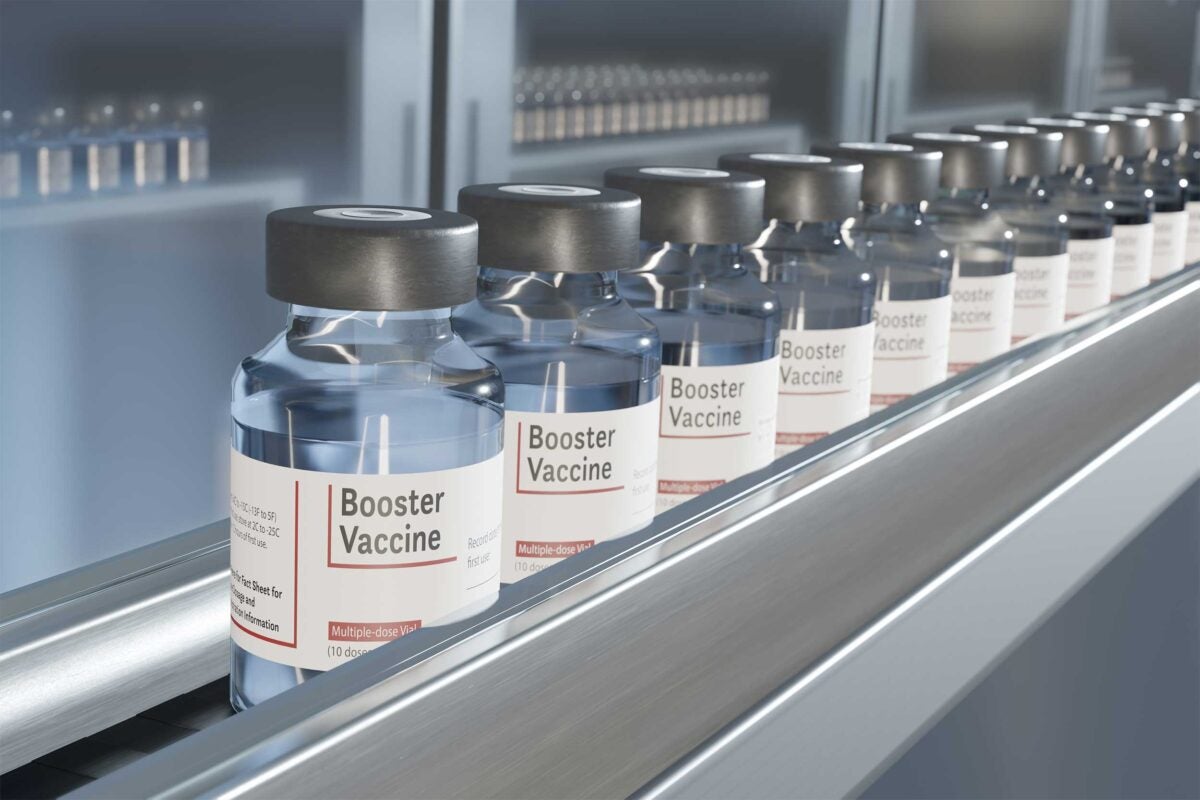Questions about COVID-19 vaccine boosters — like who is eligible and how to choose one — have dominated scientific discussions, news headlines, and dinner-table conversations recently, but the practice of giving our immune systems periodic “refreshers” is anything but new.
Jonathan Abraham, assistant professor of microbiology in the Blavatnik Institute at Harvard Medical School and an infectious disease specialist at Brigham and Women’s Hospital, discussed the science and history of vaccine boosters.
Q&A
Jonathan Abraham
HMS: What exactly is a booster shot, and how does it work?
Abraham: A booster shot is meant to increase levels of immune responses after these have naturally waned. A booster tricks the immune system into thinking that it is again seeing a pathogen, so antibody producing cells, and other immune cells, are recalled into gear. The quantity and quality of antibodies that are produced can increase. Through a process called antibody affinity maturation, our immune system learns to do a better job at recognizing a pathogen and making antibodies that bind more tightly to their target. For the SARS-CoV-2 virus, for example, affinity matured antibodies can be more effective at recognizing variants with multiple mutations.
HMS: This will require some degree of speculation, but given that SARS-CoV-2 has shown remarkable capacity for shape-shifting and mutation, will we require periodic boosters for the foreseeable future?
Abraham: Vaccines remain extremely effective at preventing severe infection and death, but they are not 100 percent effective at stopping acquisition and transmission of the virus. Particularly, in areas with high-infection rates due to low vaccination uptake, vaccinated people are more likely to be exposed to the virus and get a breakthrough infection. With this in mind, I would speculate that because of highly transmissible variants, we will need periodic boosters for the next few years. During that time frame, using an updated vaccine strain may be wise because we are unlikely to ever see the original vaccine strain again — it has virtually gone extinct.
HMS: What other types of vaccines besides COVID-19 require periodic boosters?
Abraham: An example is Tdap immunization: tetanus, diphtheria, and acellular pertussis. We usually require boosters, with Td component or Tdap, every 10 years to preserve immunity.
HMS: Why do we need boosters for some vaccines but not for others?
Abraham: For some pathogens, having preexisting and primed immune responses — for example, in the form of measurable antibody levels — is critical for efficacy. So, as antibody levels naturally wane over time, a booster is required. For other pathogens, like hepatitis B virus, completing the immunization three-shot series is likely to provide lifelong protection, so measurable antibody levels are not routinely checked. But, if the risk of infection is higher, for example, for health care workers, checking antibody levels at least once and providing a booster if antibodies are found to be low may be important. So, the decision to boost or not boost is multifactorial, and ultimately, it is based on studies and experience.
HMS: Are COVID-19 boosters different in any way than other vaccine boosters?
Abraham: For now, the same SARS-CoV-2 spike protein antigen is used for the vaccine and the boosters. However, there is the chance that, over time, the SARS-CoV-2 spike protein will shape-shift or mutate enough that a booster with an updated strain antigen would be required to prime the immune system to recognize the mutant virus. This scenario would be more like what is done with the seasonal influenza virus vaccines every year, although we think more of flu vaccines as strain-matched vaccines as opposed to periodic boosters.



